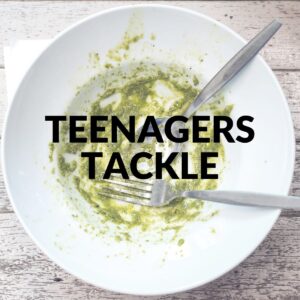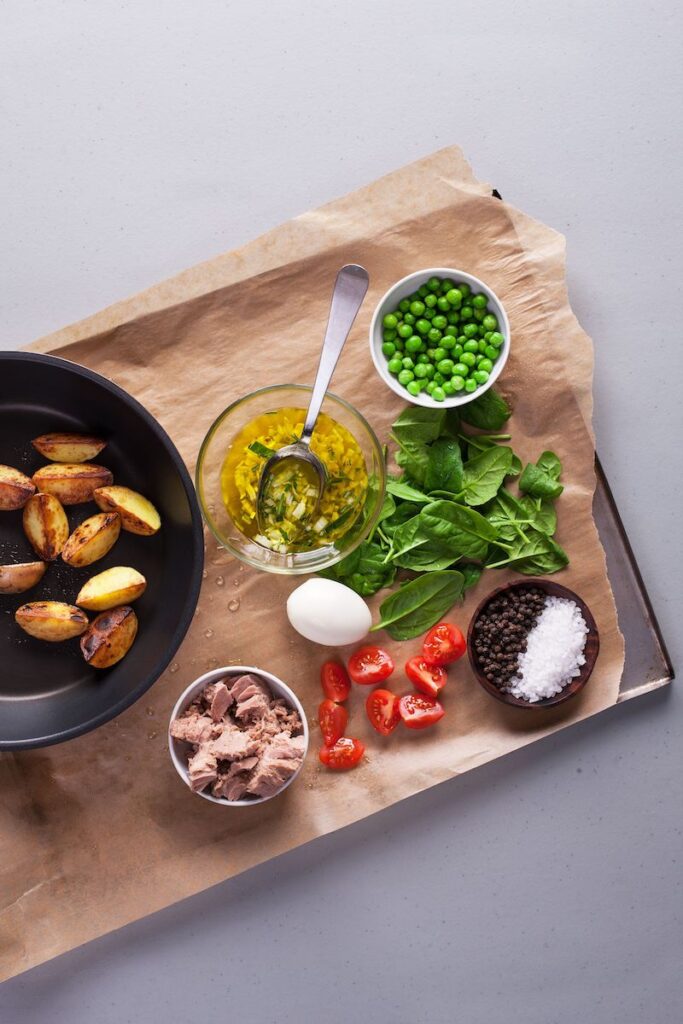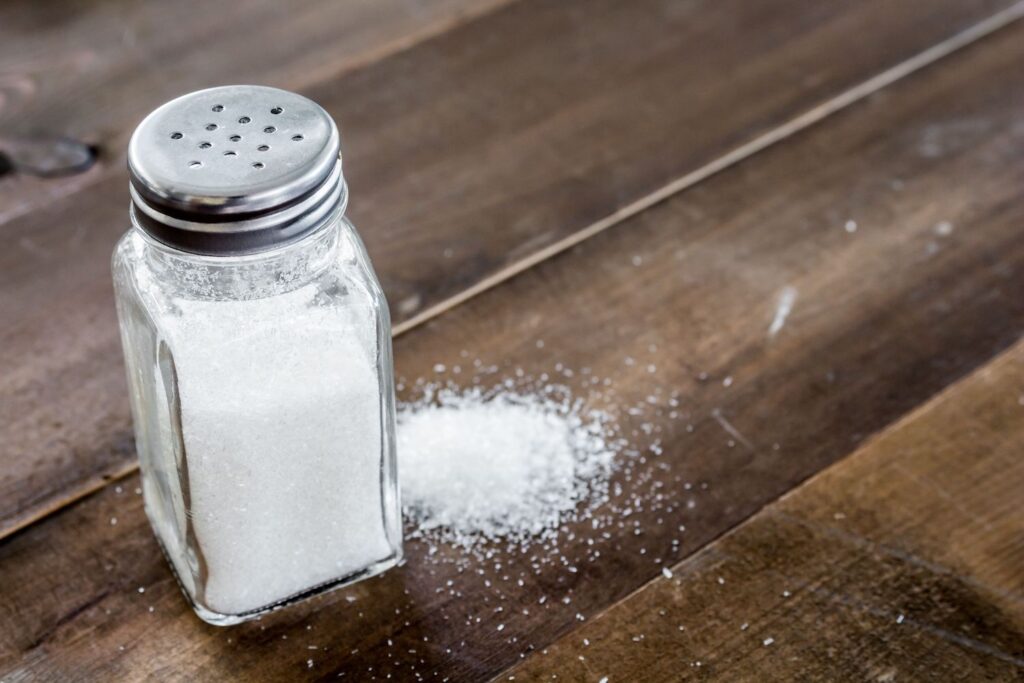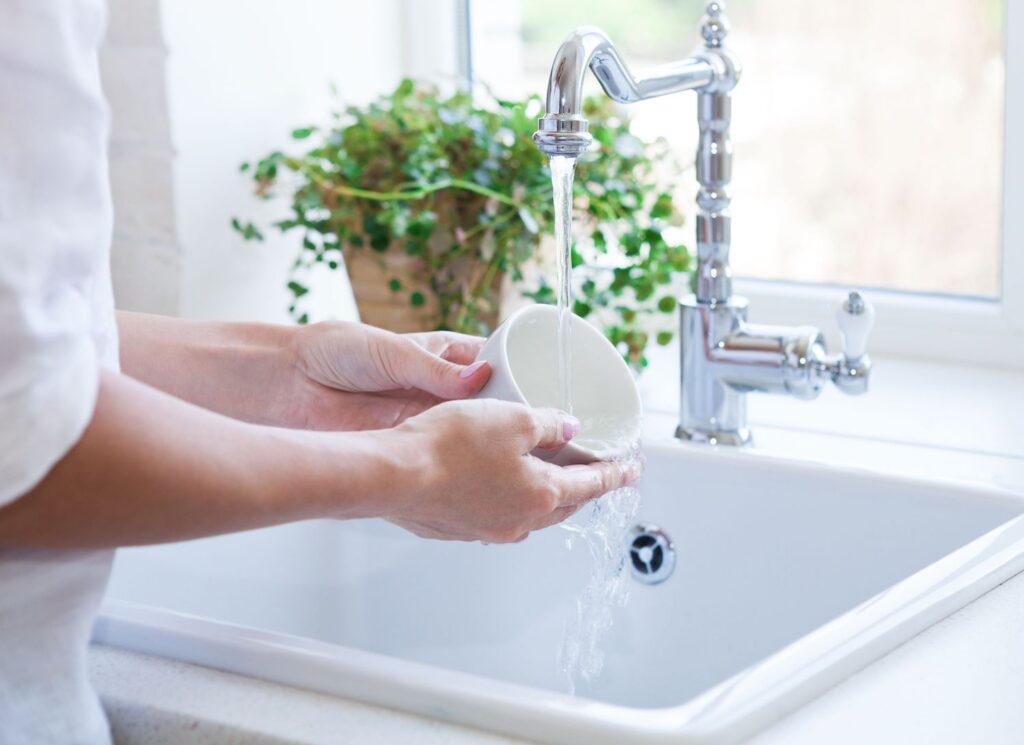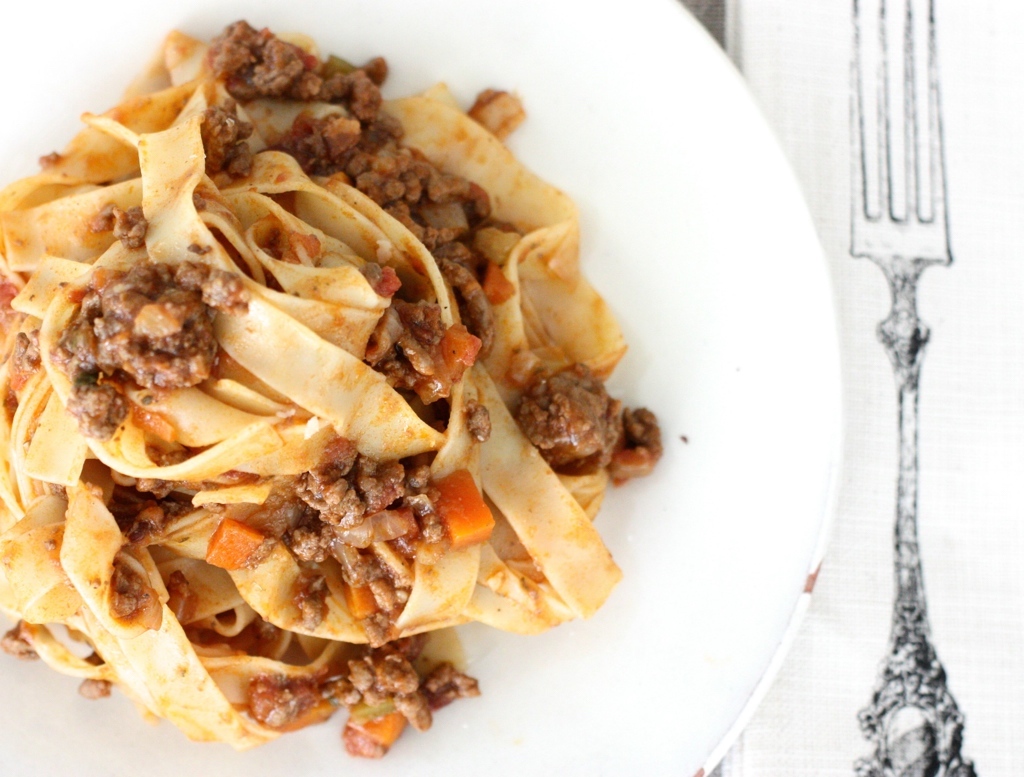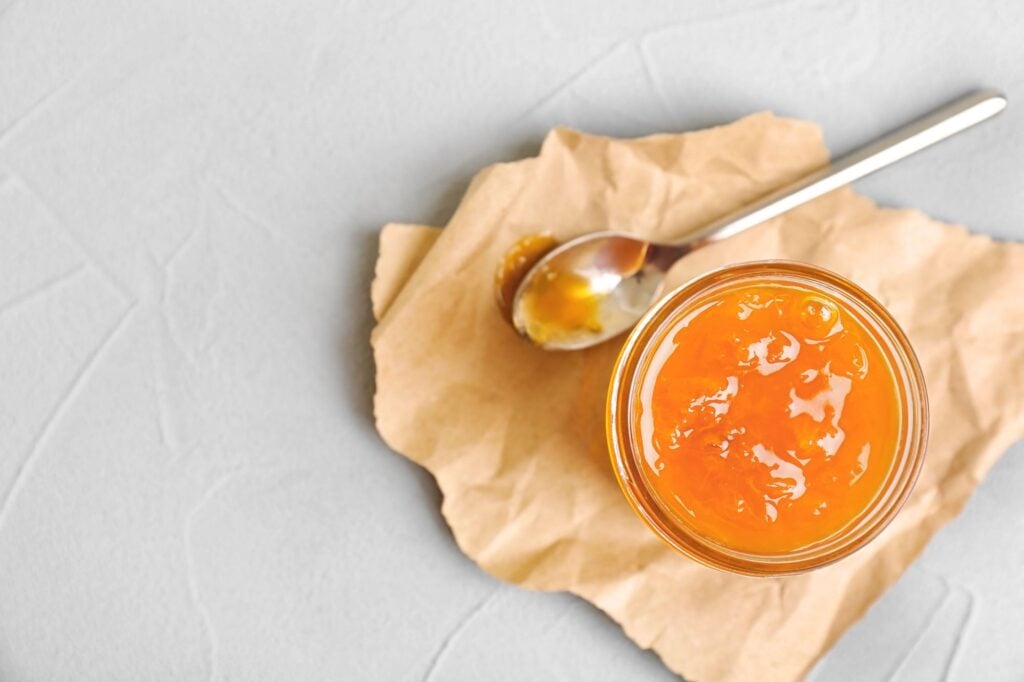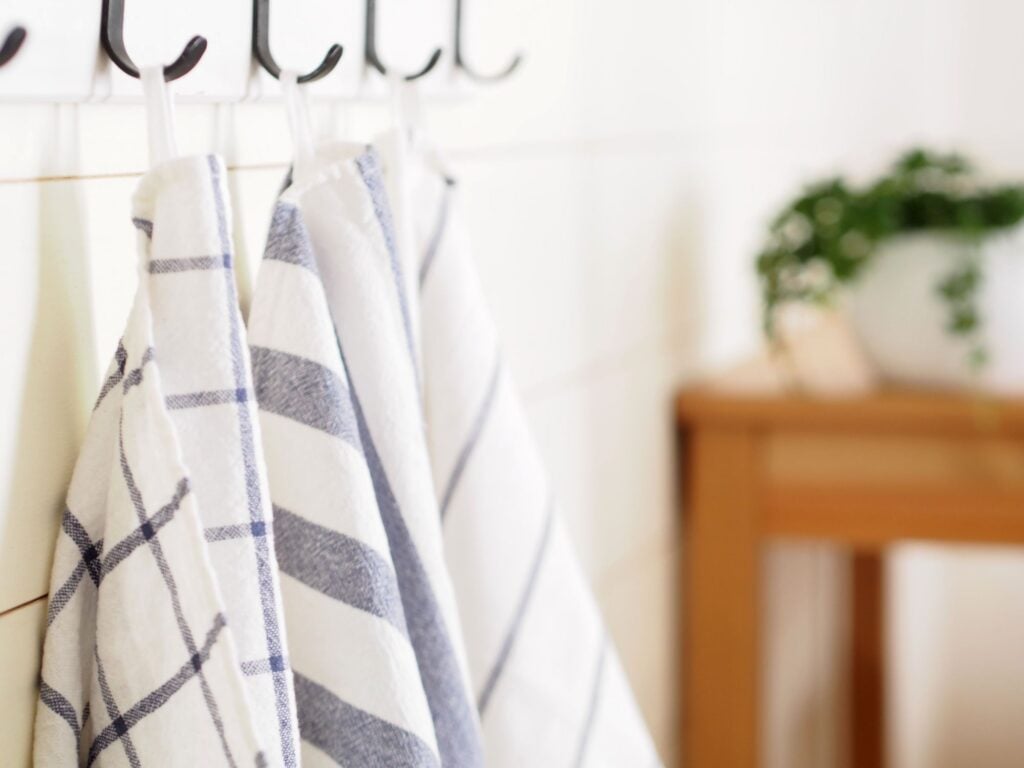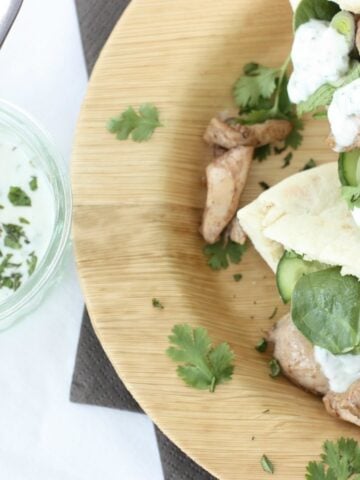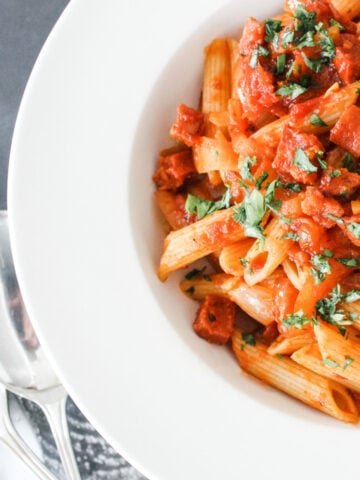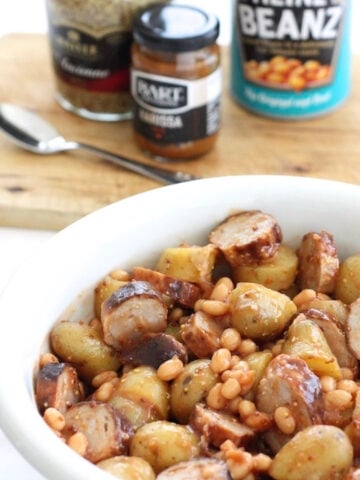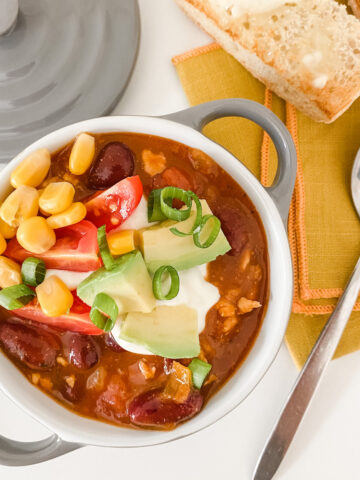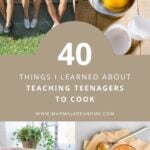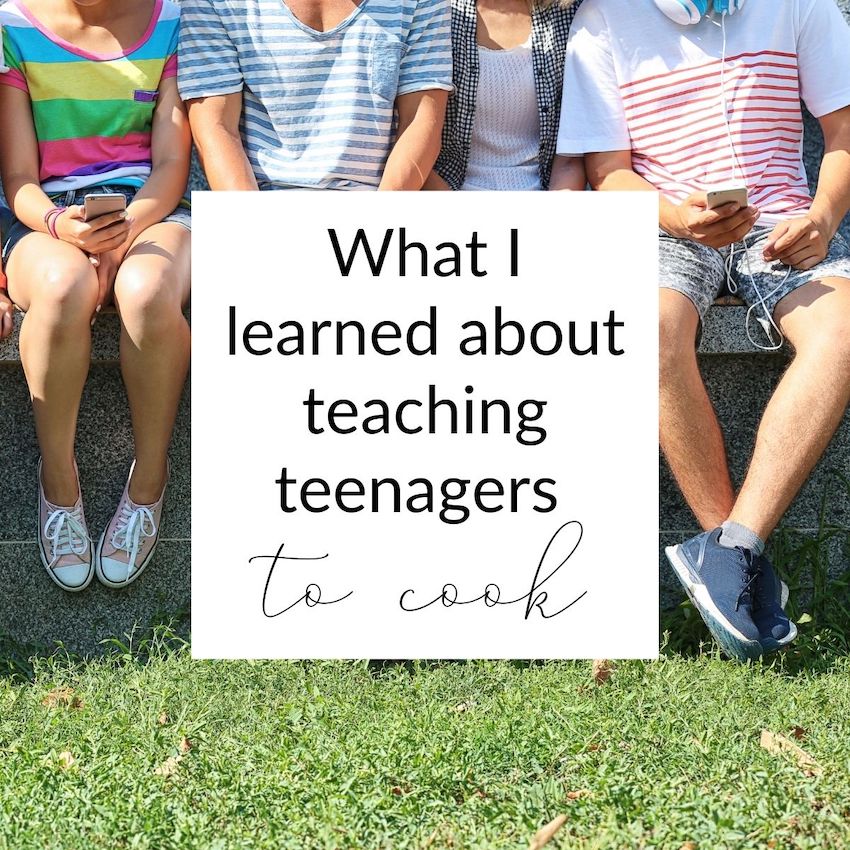
I spend a lot of time cooking.
I experiment, I perfect, I have monumental fails, I have delicious successes. I also share and inspire and teach. Initially, I assumed that because I spend so much time in the kitchen, my own children would learn to cook by seeing me at work and eating the experiments (the bad as well as the good). But this is developing familiarity rather than learning and although familiarity builds confidence, I began to realise there was most definitely a significant knowledge and skill gap that needed bridging if my teenagers were to be able to hold their own in the kitchen.
Let's be clear - my responsibility here was to teach the basics (there would be no bearnaise sauce or perfect chocolate soufflés on my watch!) and to ensure that my children could look after themselves, be independent and not have to rely too heavily on expensive processed foods - we are talking essential life skills. Everything else (including bearnaise and soufflés) can be learned from YouTube.
We began with nine weeks of Teenagers Tackle, where #1 and #2 teenage sons tackled a recipe from the blog once a week. This proved to be a great introduction. There has been dabbling from both of them ever since and Hella has also joined in on the kitchen action.
It's been a journey for us all and in this post, I'm sharing what I've learned about teaching teenagers to cook. In summary, I would say that I've learned that it needs to be fun or competitive or delicious or set to a banging Spotify playlist to keep them engaged - preferably all of the above! And my other big learning is around not assuming knowledge; some of the things that my teenagers didn't know really surprised me. Goodness, there was so much that I took for granted!
It needs to be fun or competitive or delicious or set to a banging Spotify playlist to keep teenagers engaged in the kitchen - preferably all of the above!
So, I've divided the lessons learned into five sections -
- Basic skills
- Taking those basic skills to the next level
- Keeping everyone safe
- Choosing what to cook
- As a parent, I need to be more .... when I'm teaching teenagers to cook (fill in the gaps)
1. What are the basic skills that teenagers need be able to cook?
It's not all about mastering the art of cooking from scratch ... learning to read the instructions on the packet, using the equipment in the kitchen and sorting out the timings so that everything is ready at the same time are all essential kitchen skills.
- Wash your hands before you do anything.
- Know your way around the kitchen - I hadn't realised how little our teenagers knew about where to find stuff (and put away stuff) in the kitchen. They were clear on cereal, peanut butter, Marmite, crunchy bars, rice cakes, milk, bread (those life essentials) but set them off looking for a tub of baking powder ... now that could take some time. And the only answer to that, is more time in the kitchen.
- Read the recipe - All the way through. From beginning to end. Every bit of detail. No skimming. Otherwise you'll get surprises further down the line and those sorts of surprises aren't always the good kind.
- Read the instructions on the packet - Someone has spent ages checking that the instructions on the packet work, so let them do the work and make the most of their efforts. Having said that, the only way to truly test if the pasta is ready is to taste it - even if you have read the instructions. And too 'al dente' is not a good place to be.
- Get all the ingredients out before you start - There really is nothing worse than having to head out to the shops halfway through the recipe in order to avert a crisis.
- Know how to use the scales - It's not hard but it has to be done. There's also a lesson around knowing when it's important to weigh precisely (ie to the nearest couple of grammes) and when it isn't. My general rule of thumb is this - for baking be as precise as you can, for everything else you can chill a bit.
- All things being equal - It's good practice to cut things into equal sizes. That way, they will all cook at the same speed.
- Don't measure anything directly into the pan - It's a disaster waiting to happen. Especially with chilli powder. Even if you have the steadiest hand. Been there, done that ... and no amount of crème fraîche can recover it.
- And on a similar theme, don't break your eggs directly into the mixing bowl - Why? You might end up with shell in there and it's much easier to pick a bit of shell out of just egg than out of egg + flour + lots of other ingredients. And also the egg might be bad and then you've wasted all the other ingredients too. Been there. Done that. And on an annoyance scale of 1-10 it's probably an 11.
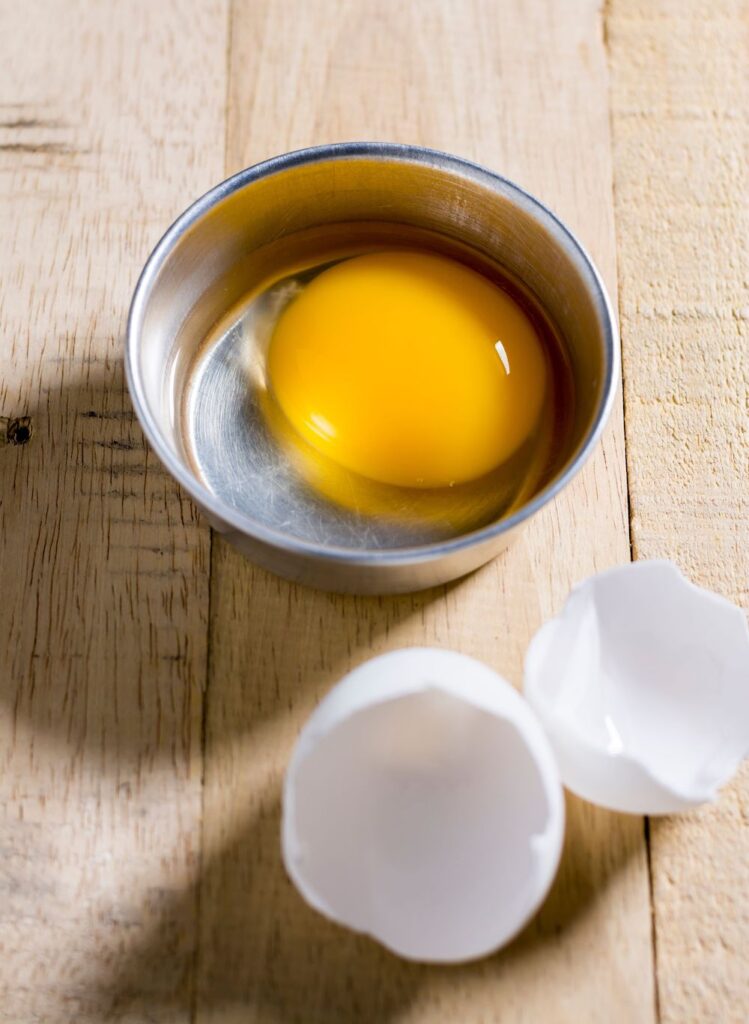
- Clear up as you go along - I'd be lying if I claimed that our teenagers were fully on board with this. One can try though.
- Sometimes hands are good - Although we've spent the last 2 decades teaching our children to use their cutlery (AND to put their feet under the table AND to eat with their mouth closed AND to 'put that blessed book down' ... I'm sure you know where I am on this), sometimes hands are good - particularly when you're mixing spices through a bowl of chicken strips. It's messy but it's the best way.
- Don't forget to turn on the oven - Remembering to get the oven preheating straight away is crucial - particularly when everyone is STARVING. And if you are teaching teenagers to cook, they will definitely be starving.
- Use the technology in your pocket - When you've got multiple things cooking at once, for different durations, using the timer on your phone is a great help.
- Salt is not evil - Too much salt can taste evil but often salt is the difference between your dish being sensational and it being exceptionally bland. Don't be scared of it. And the only way to know if you have the level right is to taste it.
- Taste, taste, taste - It's the only way to know if you need to add or tweak anything, seasoning in particular but also everything else that creates a balanced dish.
- Check that everything is warm enough - If you are reheating in the microwave, be sure that the food is hot right the way through. Even for frozen peas.
- Don't forget the washing up - For the sake of family harmony, this is always essential when you set foot in the kitchen - even if you have created the most delicious spread. The only exception, is if you've agreed to outsource the task in exchange for your culinary efforts.
2. How can we take those basic skills to the next level?
And with the basic skills mastered there are a few ideas and techniques which can catapult your teenagers to the next level of kitchen confidence and expertise -
- Never make just one quantity of bolognese sauce - At least double the recipe and stash it in the freezer. It's the law and it also applies to Chilli Con Carne.
- It helps to write it down - especially when you're doing calculations, doubling the recipe or when there are lots of ingredients to check off.
- Substitutes are a thing - There are some recipes where you can, to an extent, play around substituting ingredients depending on what you have and what you like. Google is your friend here but proceed with caution, particularly when baking.
- What actually IS a tablespoon? And a dessert spoon? And a teaspoon? - We use our favourite set of magnetic measuring spoons a lot, but I wondered if our teenagers would be able to find the correct size of spoon in the cutlery drawer. They knew the teaspoon (despite the fact that none of us are tea drinkers) but there was confusion around the dessert spoon when they assumed that it would be called a 'tablespoon' as it's the one that they see the most on the table. Easy mistake to make. I'll show them this next time -
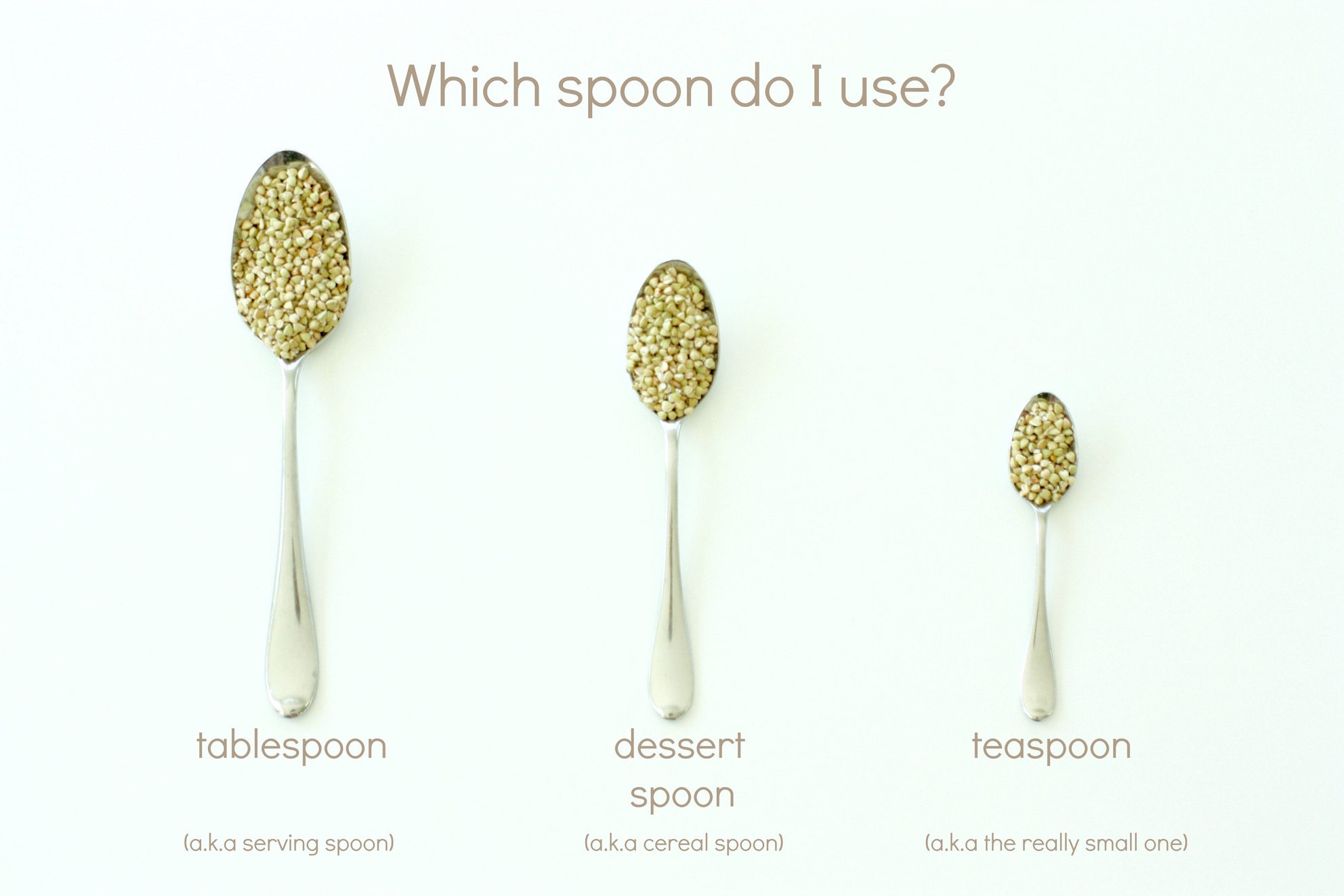
- A knife is not always the best tool - Especially for chopping dates (and other dried fruits). Scissors are always my weapon of choice in this battle.
- 'Boneless' doesn't always mean boneless - A packet labelled as 'boneless chicken thighs' probably means that all of the big bones have been removed, but those pesky little ones and those mini-gristly bits ... BEWARE. Using your fingers to feel for them is always the best bet and opting for a pair of scissors rather than a knife to remove the offending items is easier and neater.
- Use a clean spoon - to spoon ingredients out of their original jar or container. I'm a bit of a stickler about the clean spoon thing - particularly in jam and marmalade.
- Sieve out the lumps - Sugar, flour, bicarbonate of soda ... if there are lumps then use a sieve to get rid of them.
- Measuring in cups is very American but sometimes very useful - I'm not always a fan of measuring cups (it's hard to be accurate with them and baking requires accuracy) but learning how to use them properly is a good skill to have under your belt. To measure things like flour and sugar, you can pile it high and then scrape off the excess with the flat side of a knife - although I was assured that, "I've seen you do this like a million, billion times, Mum". When did all those unnecessary 'likes' start to slip in?
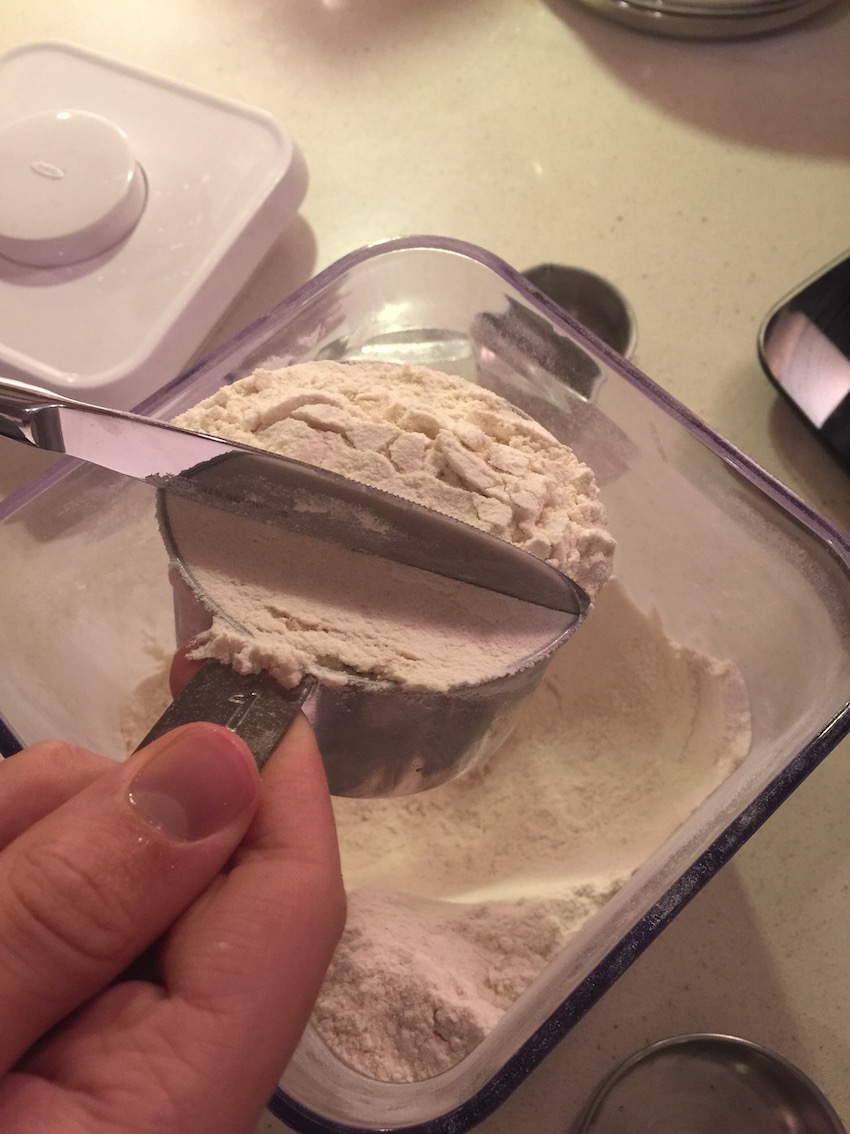
- It's just like toothpaste - A tube of tomato purée can be handled just like toothpaste to make sure you get every last bit out. Roll it from the bottom and there'll be no waste. There's something mildly satisfying about it too.
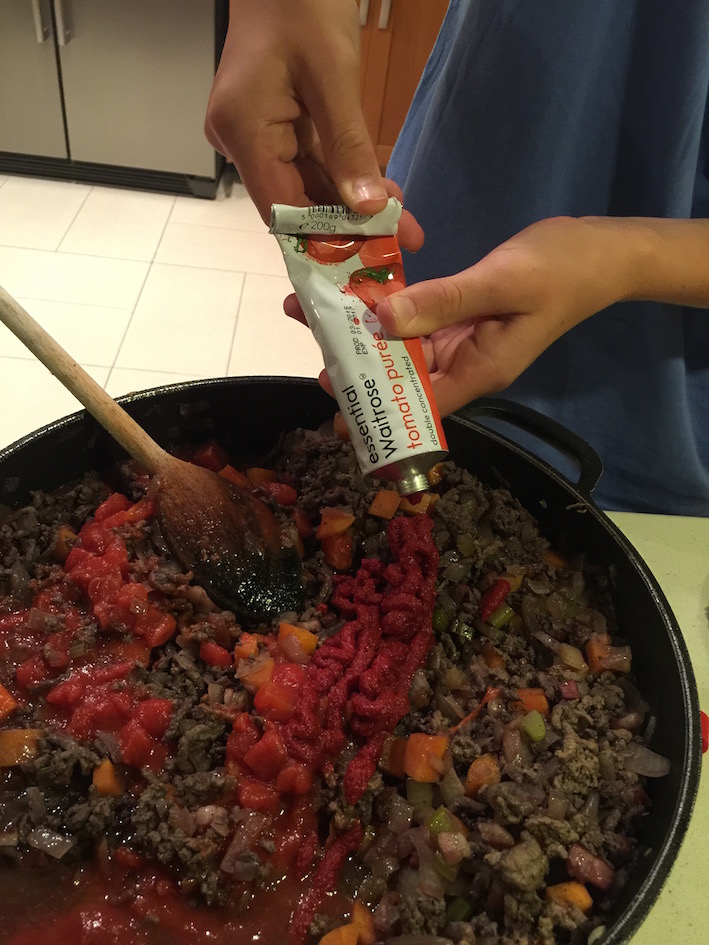
- The fuller the pan, the gentler you stir - Or it slops everywhere and makes an awful mess. It's a simple one, but saves on elbow grease afterwards.
- The pan needs to be hot to get anything browned - And it doesn't always look great when you're mid-way through the recipe. #1 teenage son observed that browning mince put him in mind of a bowl of All Bran that has been left too long in milk. Being 'King of Cereal' he would know about these things.
- Don't start just yet - Wait until the pan is simmering before you start the timer. Otherwise, you may be caught short.
- How long exactly? - If the recipe gives you the cooking time as a range (ie 15-20 minutes) be sure to check it after the minimum time. The author of the recipe is attempting to cover themselves for oven variation. You can put it back in the oven for longer if you need to, but nothing will change the fact that it's overcooked if you've let it cook for too long. Except for low lighting at the dinner table - that helps.
- How to avoid ending up with a dinner of just gravy - When you're serving something with lots of liquid, use a slotted spoon first to serve the 'solids' and then a ladle for the liquid. That way you avoid getting a bowl full of gravy and missing out on all the good bits. This is a great tip for dishes like Holiday Hotpot, Thai Green Chicken Curry and Big, Hearty Pasta Soup.
- Presentation always matters - #1 teenage son had some robust views on his younger brother's skills in this field -
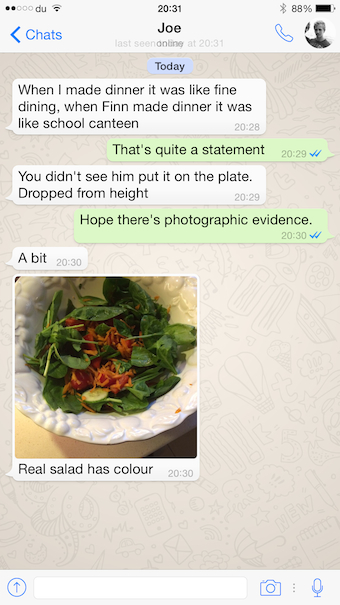
3. And how about some thoughts on safety in the kitchen -
There's a lot that can be dangerous in the kitchen but a few simple concepts can arm our teenagers with the knowledge to be able to cook safely and not poison anyone.
- Don't wander too far from the kitchen - Particularly when there's something cooking on the hob.
- Raw chicken (and the juice of raw chicken) will make you ill - Be sure to wash everything (that's hands, worktops, chopping boards and utensils) thoroughly and with soap when you're finished to avoid this. In particular, NEVER use a board that you have used for raw chicken to prepare other uncooked foods unless you have thoroughly cleaned it first. #2 teenage son speculated that students who don't know about this must end up getting ill all the time when they leave home for college. True, but it's probably not as prevalent as alcohol induced illness.
- Keep your fingers away from the line of fire of sharp knives - for the very, very clumsy I would highly recommend a Mezaluna to keep those digits safe.
- Use ovengloves rather than a tea towel for handling hot dishes - they will give you more protection.
4. Choosing dishes for teenagers to cook
You know your teenagers better than anyone, but here's what I've learned about choosing dishes that will engage -
- Heating up, combining and serving also counts as cooking when you're gaining skills and confidence. These Easy Oven Chips pair well will supermarket frozen breaded fish and peas. My teenagers tackled this exact meal here.
- One pot meals are practical and popular, such as this Holiday Hotpot. Plus there's less washing up!
- Creating meals that they might cook for themselves when they've flown the nest is more motivating. Here are some ideas -
- And don't forget sweet as well as savoury. Knowing how to make a Classic Victoria Sponge feels like an essential life skill to me and a Gooey Chocolate Mug Cake will cure no end of woes.
5. And finally, what kind of parenting is most helpful when teaching teenagers to cook?
Letting our teenagers loose in the kitchen can be a big step for parents as well as our budding chefs. We need to be patient, to give our teenagers space to learn and experiment, but also to make revolting disasters as well as triumphs. Encouragement is key here and trust. As well as a continual reminder of the importance of washing up afterwards!
| * This post contains affiliate links to products. I may receive a commission for purchases made through these links. |


